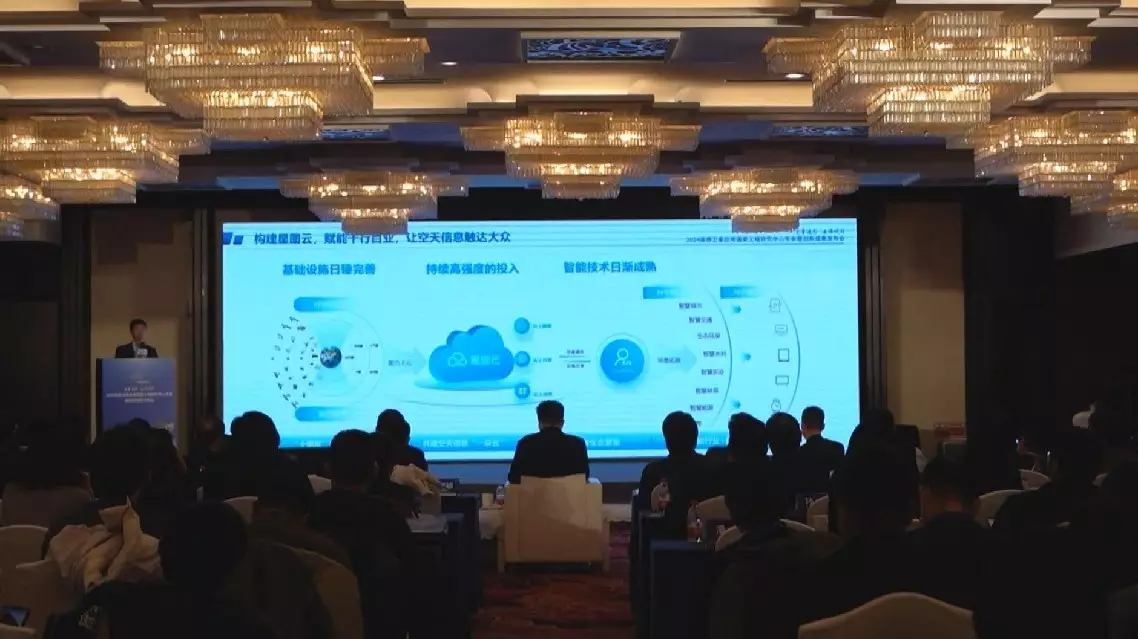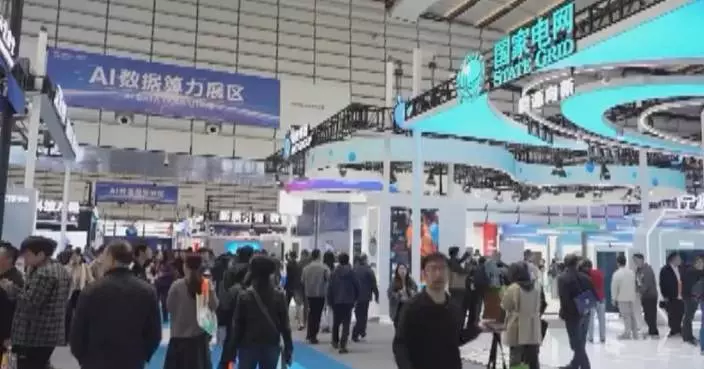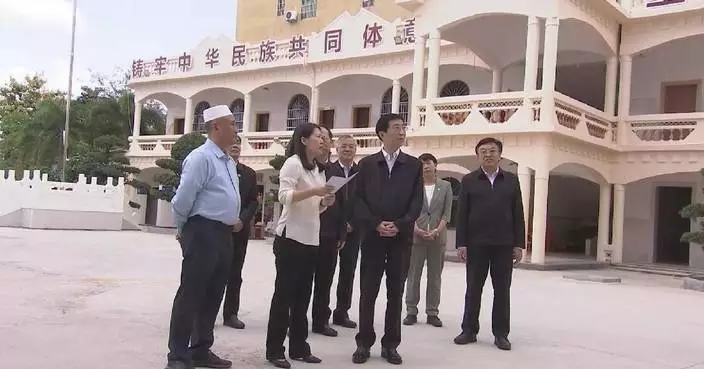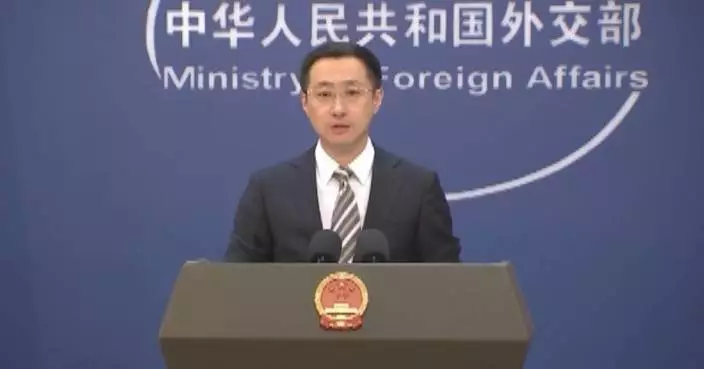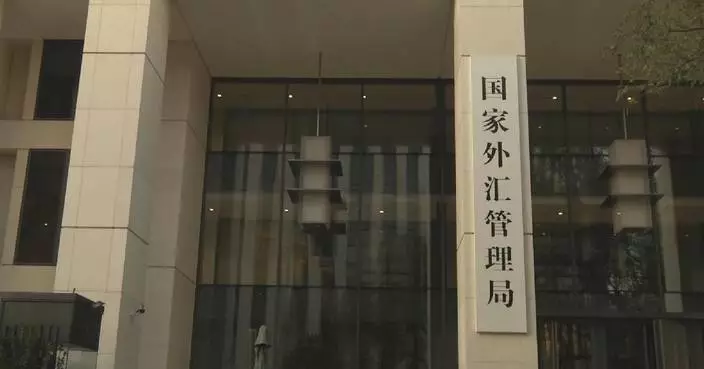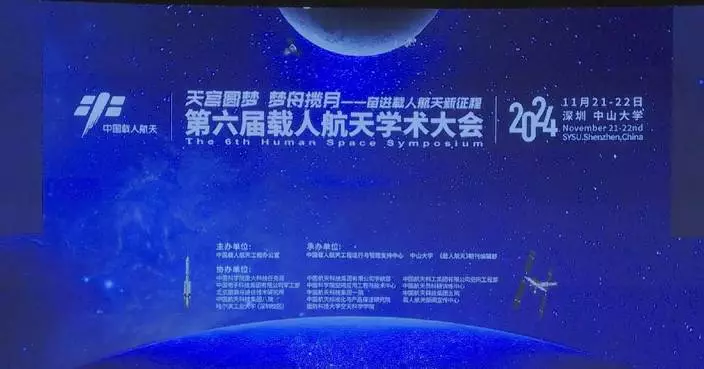China is ready to engage in dialogue with the United States to promote steady and sustained development of bilateral economic and trade relations, and any burden of increased tariffs on imports from China will eventually be bearable by consumers in the tariff-imposing country, said a senior official from China's Ministry of Commerce on Friday.
Wang Shouwen, China International Trade Representative and Vice Minister of Commerce, made the statement at a press conference in Beijing in commenting on U.S. President-Elect Donald Trump's campaigning speech that he planned to impose a 60 percent tariff on imports from China.
Wang highlighted the China's capacity in dealing with external shocks, largely thanks to the country's resilient and vibrant economy that has great potential.
China is building a "dual circulation" development pattern, which takes the domestic market as the mainstay while allowing domestic and international markets to reinforce each other, Wang explained.
"History has shown that raising tariffs on Chinese goods cannot resolve the tariff-imposing country's trade deficit. Instead, it leads to higher prices for imported products from China and other countries. This is because eventually, the burden of the tariffs will be bearable by consumers and end users of the tariff-imposing country, leading to higher prices payable by consumers, increased costs for users, and inflation driven by rising prices," Wang said.
Noting that the Chinese and U.S. economies are highly complementary to each other, Wang emphasized the critical importance of their relations.
Maintaining balanced, healthy and sustainable economic and trade relations would benefit not only the people of both sides, but also the people from all countries around the world, he said, adding this is in line with the expectations of the international community.
Wang said based on mutual respect, peaceful coexistence and win-win cooperation, China is ready to engage in dialogue, expand areas of cooperation and manage differences with the U.S. to promote steady and sustained development of bilateral economic and trade relations.
At the same time, China will also firmly safeguard its sovereignty, security and development interests, he added.
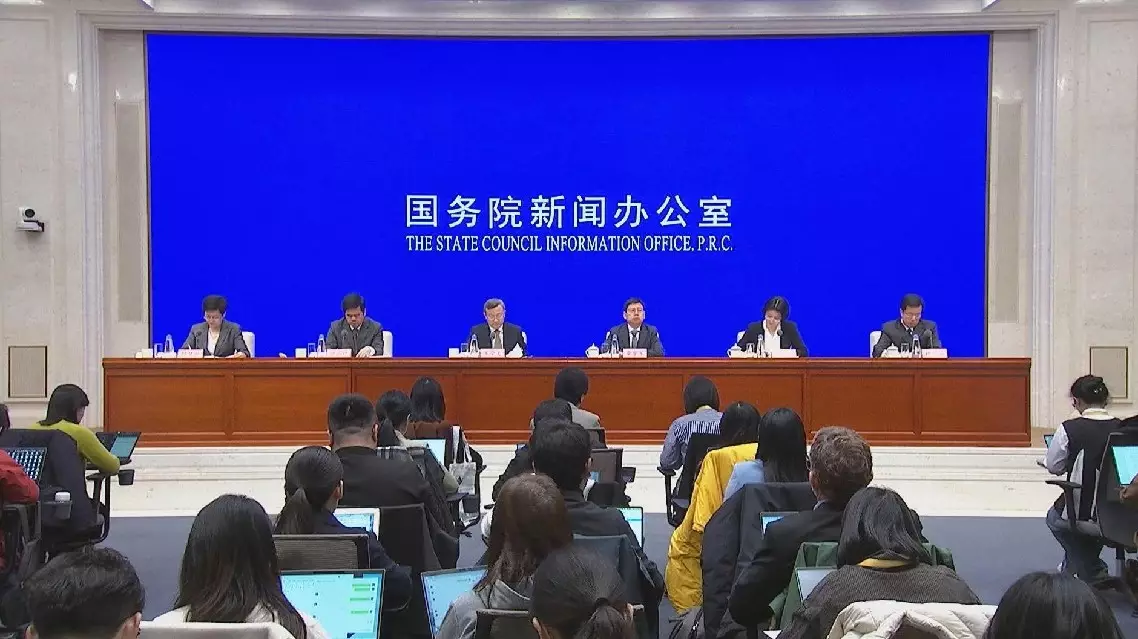
China open to dialogue, cooperation with U.S. to promote steady development of economic relations: official
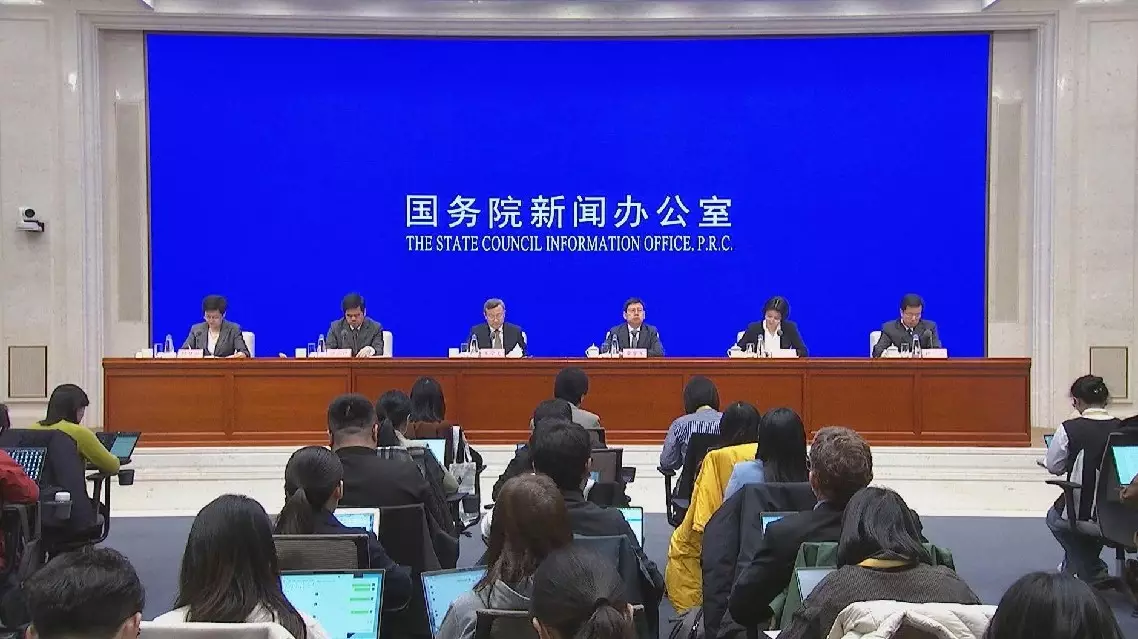
China open to dialogue, cooperation with U.S. to promote steady development of economic relations: official
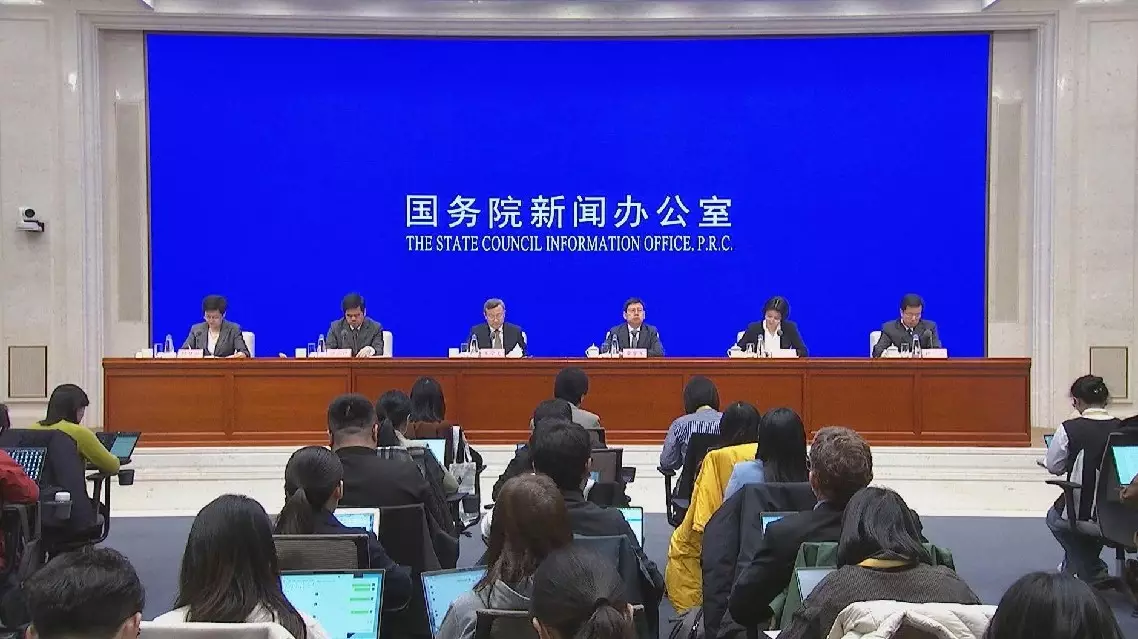
China open to dialogue, cooperation with U.S. to promote steady development of economic relations: official


